You’ve probably used RFID (radio frequency identification) technology without realizing it. From the way you pay to the minimalist leather wallet you use, you rely on RFID technology more than you think.
In this article, we’ll take a look at the everyday uses of RFID. You’d be surprised at how many times you’ve used it before!
But first, the basics RFID stands for radio frequency identification. It’s a type of technology where data is embedded into RFID tags, which are then attached to items such as tools, tracking equipment, and so on. The RFID tags transmit data through radio waves, and then a reader or antenna receives this data. How RFID is used in everyday items RFID isn’t as out-of-reach as it seems. In fact, you may be reading this article on a device that has RFID.
Let’s take a look at some of the common applications of RFID:
#1 Contactless Payments
Mobile apps such as Apple Pay allow you to pay for your purchases with a simple wave of your smartphone. Similar to how contactless payments work with credit cards, smartphones are equipped with near-field communication (NFC) readers. This allows them to make contactless transactions through the app’s digital wallet, which is connected to your card.
Pro Tip: Since most credit cards are capable of contactless payments, you should consider purchasing an RFID-blocking wallet. This way, you’ll be safe from RFID skimming. We recommend the Trayvax Original 2.0 Wallet, a slim money clip wallet.

#2 Room Access
RFID is also used to restrict who can access a certain room. For example, hotels use card keys that contain RFID chips. When waved in front of the right door, this grants the guest entry. Similarly, RFID is used in events, such as sports matches and concerts, to prevent people from entering prohibited areas. Some guests are given an ID card that contains RFID chips, allowing them to access VIP rooms. Also, have you ever noticed how in some movies, the “good guys” have to steal someone’s access card to get into the lab, cell, etc.? That’s RFID technology in action.

#3 Passports
Have you ever wondered why immigration officers scan your passport? This is because passports are embedded with an RFID chip. This chip carries your information, such as where you’ve been, where you’re from, and more. Immigration officers need this to verify your identity. It’s less tedious than manually pulling up your information from their database. To tell if your passport uses RFID, look for a rectangular logo on the front cover. If it’s there, you should consider using an RFID-blocking wallet to prevent wireless identity theft.
#4 Pet Chipping
When you “chip” your furry friends, you’re actually implanting an RFID chip underneath their skin. This chip contains information about the animal, such as his or her health and age, and his or her owner’s contact information. So, when someone finds your furry friend, they can take him or her to the vet to pull up the vital information. And don’t worry -- implanting a microchip won’t harm your pet at all!

#5 Inventory
The most common application of RFID is inventorying. RFID can come in handy In warehouses where there is an insane number of items. When you’re dealing with thousands, not dozens, of items, RFID can help you get an instant inventory of your goods. Plus, you’ll be able to pull more information such as the item’s size, quality, and so on.
#6 Healthcare
Hospitals use RFID to track persons such as patients and staff. Each hospital room has sensors that are strategically placed to track the patient’s every movement. So, those movies where the patient escapes probably won’t happen in real life. The RFID-enabled wristbands also contain critical information such as the patient’s medical records, allergies, and so on. Since healthcare workers deal with dozens of patients at a time, this prevents misidentification.
#7 Wallets
RFID chips aren’t inside your wallet, but they are inside the items in your wallet. Your credit cards are embedded with RFID chips that are needed for contactless payments. While convenient, it does put you at risk of RFID skimming. Fortunately, the simple solution is to buy an RFID-blocking wallet. This type of wallet is made with carbon fiber or metal, which stops electromagnetic fields from reaching your cards.
Conclusion
RFID is everywhere. Eventually, we’ll be using RFID for everything. When that happens, you’ll have to protect your information from wireless theft. Start by buying an RFID-blocking wallet from Trayvax. We have a wide selection of slim (and more importantly, stylish) leather wallets for men.

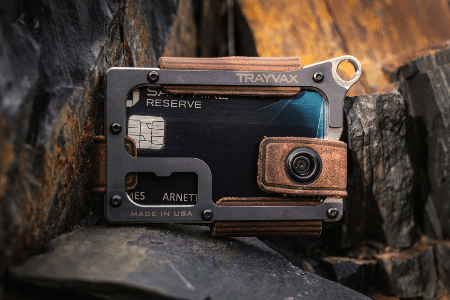
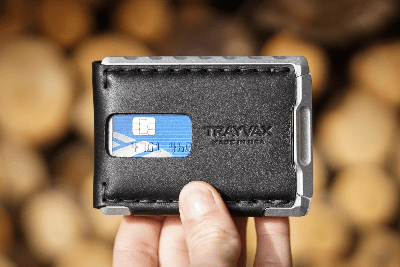
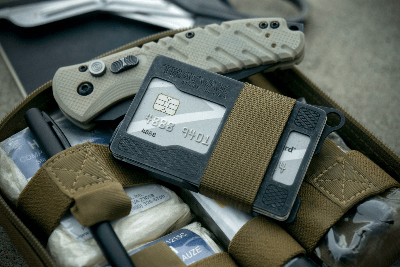
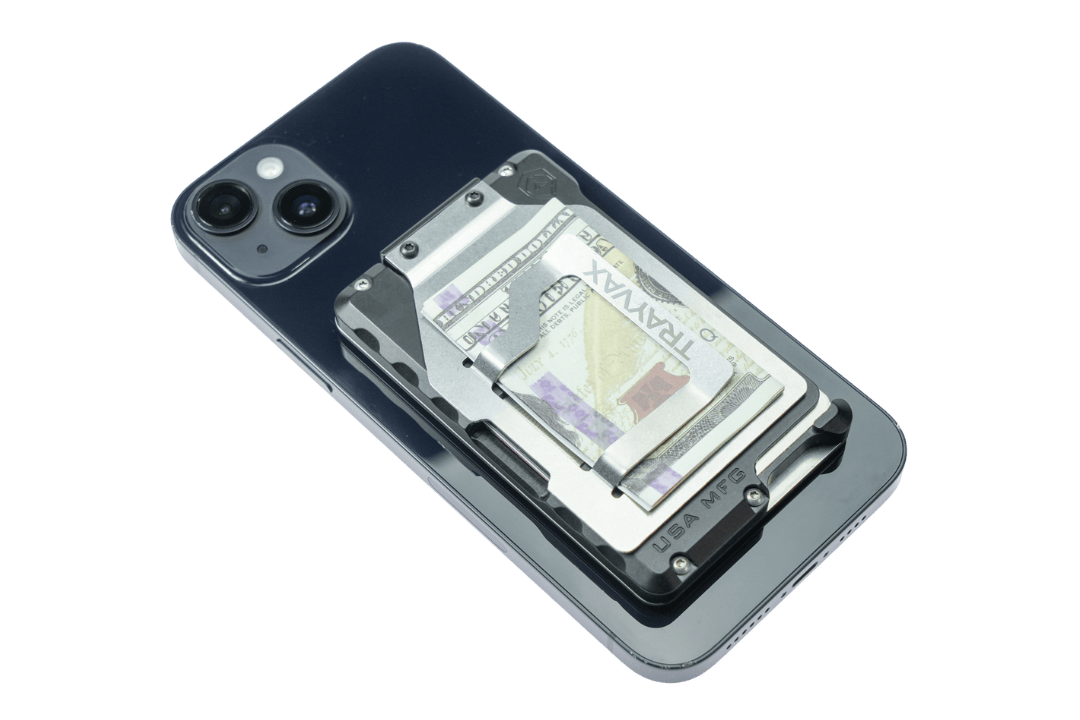




















































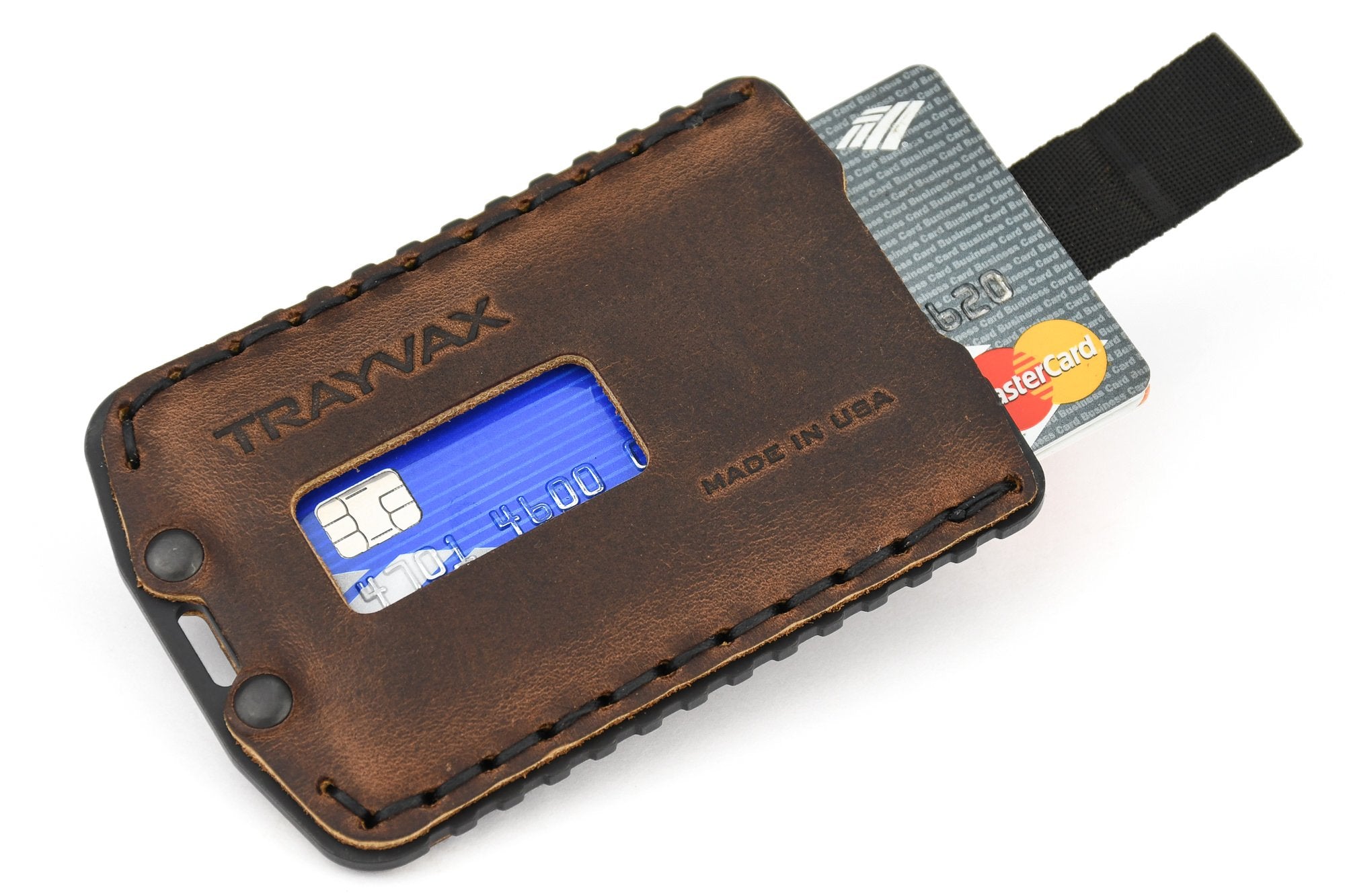
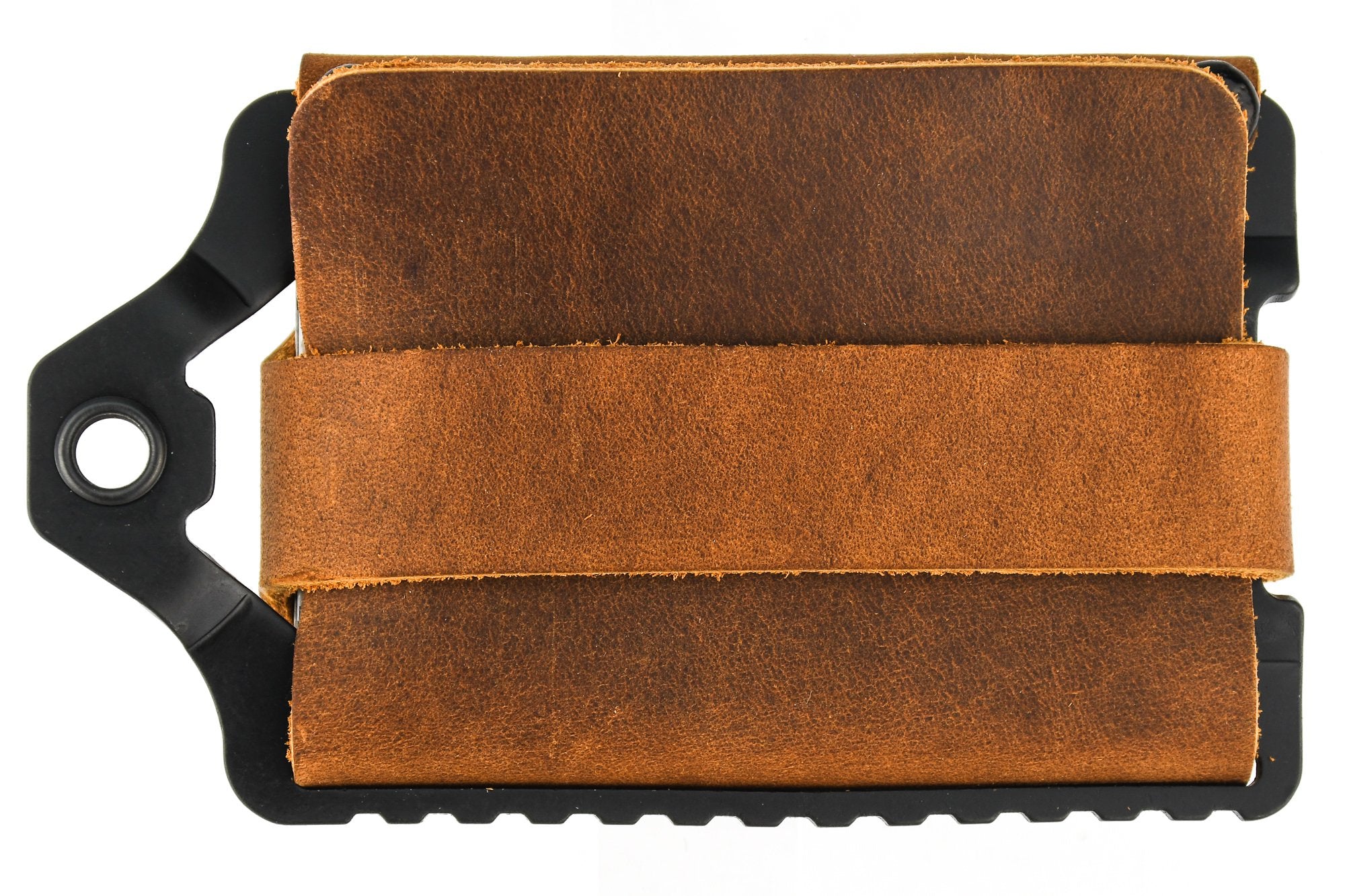
Leave a comment
All comments are moderated before being published.
This site is protected by hCaptcha and the hCaptcha Privacy Policy and Terms of Service apply.